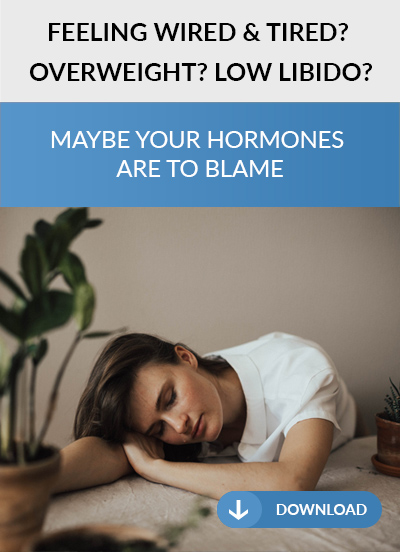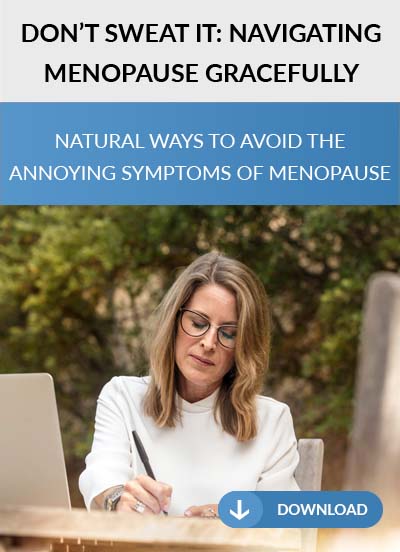Summary:
Take Progesterone to help balance estrogen in the body and reduce hot flashes.
Keywords:
progesterone, progesterone cream, hot flashes, change of life
Article Body:
Progesterone is a hormone naturally produced in the female body from both the ovaries and adrenal glands. As women age, hormone levels tend to decrease, progesterone is one of those hormones. When women reach menopause and are post menopause they need to supplement with progesterone to help prevent those nasty hot flashes and restore the bodies hormone to a more normal level.
Progesterone production is high during the luteal phase of the menstrual cycle and low during the follicular phase as well as being low before puberty and after menopause. Women who suffer from PMS, peri-menopause, post-menopause, vaginal dryness, ovarian cysts, endometriosis, uterine fibroid tumors, and endometrial carcinoma may benefit from progesterone therapy.
How do you choose the right natural progesterone supplement? Supplemental sources of progesterone are available in oral and cream forms as well as lozenges, suppositories, and injectable forms. “Natural” progesterone refers to the type that matches exactly the substance produced in a woman’s body, as opposed to related synthesized molecules. The natural forms are preferred to the synthetic forms of progesterone by some doctors.
According to John R. Lee, M.D., the well-known proponent of supplemental progesterone, transdermal progesterone (Progesterone Creams) can help achieve a more normal hormonal balance in the body.
When a woman takes progesterone she may experience, improved cholesterol levels, improved sleep, mood, concentration and memory, reduced risk of depression, reduced risk of endometrial cancer and breast cancer, reduced risk of senility and cognitive decline, and finally enhanced libido.
If you’re unsure about progesterone cream there is always the alternatives such as soya (isoflavonoids), Black cohosh, Dong quai, and Licorice to help bring your hormones back into balance naturally without synthetic medications.
These statements have not been evaluated by the FDA. This product is not intended to diagnose, treat, cure or prevent any disease. If you feel there is a physical problem like hormone decline always consult your local physician before doing anything.
Progesterone to help balance hormones

[social_warfare]
Recent Posts
About Signature Wellness
Known for her successful treatment of mystery illnesses, Dr. Deborah Matthew and her team at Signature Wellness combine an integrative, functional medicine approach with the appropriate lab testing.
Our unique approach to diagnosing and treating diseases and disorders recognizes that lasting health depends on resolution of the root causes of your disease. Click here to learn more »




